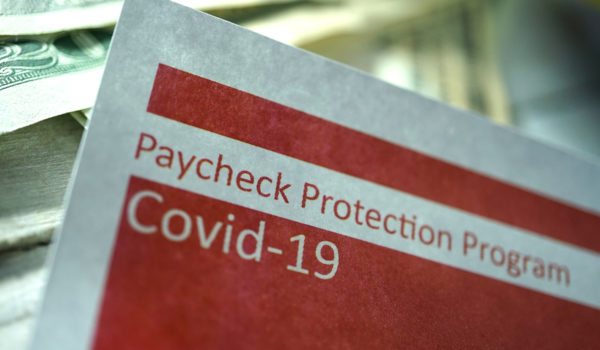The Small Business Administration (SBA) circulated loan necessity questionnaires to Paycheck Protection Program (PPP) borrowers who, together with their affiliates (if applicable), received PPP loans over $2 million. The questionnaires will be used by the SBA in its review of whether the PPP borrower made the necessity certification in good faith. The PPP loan application required applicants to certify in good faith that current economic uncertainty made the loan request necessary to support the ongoing operations of the applicant.
There are two versions of the questionnaire: one for for-profit borrowers and one for non-profit borrowers. Lenders are being asked to circulate the forms to the appropriate borrowers. The completed form is due to the lender servicing the PPP loan within ten business days of the borrower’s receipt of the form from the lender. Failure to complete the form may cause the SBA to determine that a business was ineligible for a PPP loan, the PPP loan amount, or any forgiveness amount claimed, and the agency may seek repayment or pursue other remedies.
There are issues with the questionnaires. For instance, borrowers are being asked to provide the information they did not anticipate having to provide when they applied for the PPP loan. In addition, lenders are responsible for inputting the answers into the SBA portal, which may create problems. Given the potential consequences of not completing the form, it is important that borrowers complete the questions and provide all necessary supporting documentation. FBT’s SBA Lending Team is ready to assist borrowers and lenders on the new questionnaires.
To provide guidance and support to clients as this global public-health crisis unfolds, Frost Brown Todd has created a Coronavirus Response Team. Our attorneys are on hand to answer your questions and provide guidance on how to proactively prepare for and manage any coronavirus-related threats to your business operations and workforce.

